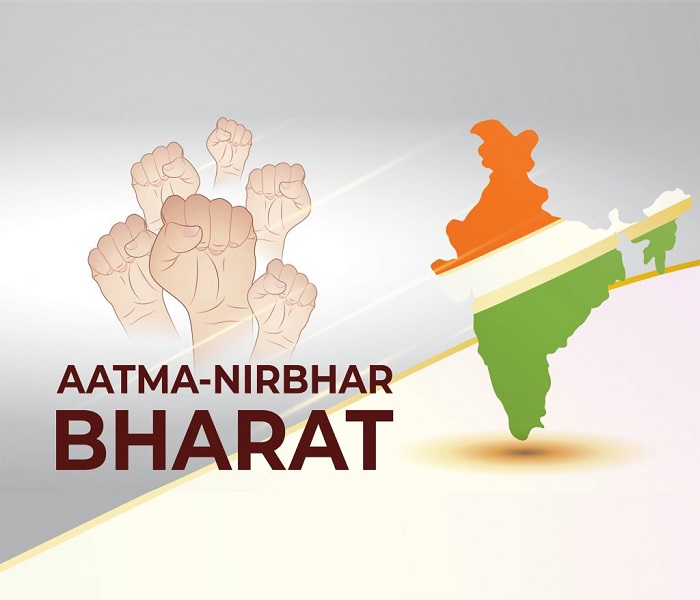Time to join hands, push domestic bazaar says corporate lobbyist Deepak Talwar
New Delhi: Pushed by Prime Minister Narendra Modi, Indians have started redefining human development goals and prioritize sectors needing more attention.
Corporate lobbyist Deepak Talwar says that thanks to the government, today both villages and cities are being treated in a way that factors in the sustainability of their development. Owing to the Prime Minister’s vision, villages, and cities are both getting on the path of self-sufficient and non-exploitative when it comes to using natural resources.
The intervention by the BJP-led NDA, floodplains, and catchment areas are increasingly getting freed from construction and commercial activities. The government is plugging green energy, including solar and wind, and connecting smart villages through a huge digital network and with electricity, sanitation, and water. The government’s increased focus on healthcare facilities is pushing more and more doctors to the hinterland.
Bharat is emerging, opening up a new market for India.

Besides allopathy, the Indian government is giving high thrust to ayurvedic and wellness, preparing the nation and the world for the challenges of tomorrow. What is interesting is that the government is making it amply clear that market demands cannot be economic models that trigger relentless assault on natural resources. The Modi government has made it clear that natural resources cannot be exploited or extracted without caring for the future of the planet. In short, there cannot be environmental degradation that exposes mankind to threats like viruses and bacteria.
The government has made it clear that no political party can afford to ignore the significance of a virus. Modi has made it clear that political parties must form a uniform, transparent, and implementable policy to tackle threats to human existence, worries that knows no territorial boundaries. Political parties must have a common agenda for human development, political parties must focus on GDP growth, enhance livelihood security by generating sustainable occupations. Political parties – the Prime Minister has said time and again – must foresee socio-economic disruptions. In short, Modi is seeking larger cooperation between the Centre and the states to have a minimum agreed path of growth. The Prime Minister wants India to reduce dependence on international market forces and be sustainable or Atma Nirbhar. The government is aware of the vulnerabilities of global economic and trading systems. Modi wants to single out sectors disproportionately dependent on international market forces.
The government wants Indians to ready themselves for the economic impact that will follow because of rising sea levels, cyclones, floods, and melting glaciers, added Deepak Talwar. Modi wants the nation to reduce carbon emissions which will impact the lives of 800 million South Asians.
Indians are responding to their PM by staying indoors. Now is the time to see how the economy will change after the threat of the pandemic recedes. There will be an economic meltdown. The exact nature of the impact will depend on how long it takes for us to take control of the situation. Sectors such as aviation and tourism may well be hit the hardest. Financial packages must provide greater scope for sustainable livelihood security, as opposed to those which are dependent on the global economy, Modi is reminding the nation time and again.




